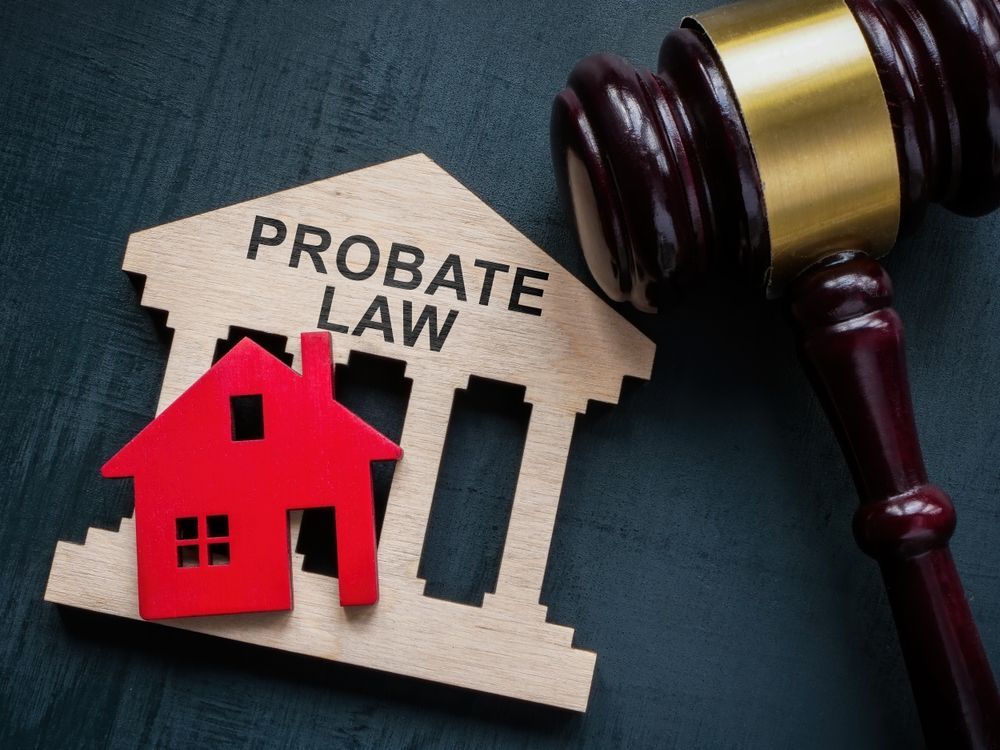Probate & Trust Administration Services in Queens, Nassau County, and Suffolk County
Probate and trust administration are legal processes that handle a person’s estate after their passing. These steps ensure that property, finances, and personal wishes are transferred lawfully and according to plan. At the Law Offices of John Mangelli in Queens, Nassau County, and Suffolk County, we help families navigate these moments with precision and clarity—ensuring every detail aligns with New York State law and the decedent’s intentions.
When someone dies, their assets must be gathered, debts paid, and property distributed. That process might happen through the court system via probate, or privately through a trust. Understanding how these systems work, and when each applies, is essential for settling affairs efficiently.
What Happens During Probate?
Probate is the formal legal process through which a deceased person’s will is reviewed and validated in Surrogate’s Court. This process ensures the estate is administered properly and in accordance with the law.
Probate begins when the named executor files a petition with the court. This petition includes the will, a death certificate, and other required documentation. Once the will is accepted, the executor is given authority to manage the estate.
The executor must then identify all of the deceased’s assets, notify creditors, pay off any debts and taxes, and finally distribute the remaining property to the beneficiaries. This often includes real estate, financial accounts, and personal belongings.
In Queens, Nassau County, and Suffolk County, the probate process varies in complexity depending on the size of the estate and whether anyone contests the will. Even simple estates can run into delays if the paperwork isn’t handled correctly or deadlines are missed.
Legal guidance during probate ensures that all responsibilities are carried out thoroughly and without personal liability for the executor.
Trust Administration and Private Settlements
Not every estate goes through probate. If the deceased created a revocable living trust and properly transferred their assets into it, the estate may be settled privately—outside the courtroom. This process is known as trust administration.
Trust administration still involves many of the same responsibilities as probate. The named trustee must gather the trust assets, communicate with beneficiaries, pay off any debts and taxes, and distribute what remains according to the instructions in the trust document.
Unlike probate, trust administration does not require court approval. That can lead to faster distributions, more privacy, and fewer legal fees. However, it also means the trustee is fully responsible for ensuring everything is done correctly.
Trustees in Queens, Nassau County, and Suffolk County often find that working with an attorney helps them meet legal obligations without second-guessing each step or risking mistakes that could lead to disputes or liability.
Dealing with Contested Wills or Trust Disputes
Sometimes family members disagree about the terms of a will or trust. These disputes can result in estate litigation, which may delay distributions and create long-term rifts within families.
Will contests can be brought on several grounds, including claims of undue influence, lack of mental capacity, or improper execution. Trust disputes often arise when beneficiaries believe a trustee has acted unfairly, withheld information, or misused trust property.
The Law Offices of John Mangelli assist in resolving contested matters through litigation or negotiated settlements. Protecting the decedent’s wishes while upholding fiduciary duty is the core goal in every dispute.
The Role of Local Knowledge in Estate Administration
Administering an estate in Queens, Nassau County, and Suffolk County comes with local considerations that extend beyond state law. Families often deal with waterfront property, second homes, small business interests, or closely held family assets. These elements can complicate valuations, transfers, and tax considerations.
For example, real estate held jointly with rights of survivorship may pass outside of probate. Other properties may require title clearing, lien resolution, or coordination with co-owners. Estates involving out-of-state assets may also face separate probate proceedings in other jurisdictions.
Trustees and executors benefit from legal representation that understands not only the probate statutes, but also how local property and tax rules apply to Long Island estates.
Serving Families Across Queens, Nassau County, and Suffolk County and Surrounding Communities
The Law Offices of John Mangelli works with clients across Queens, Nassau County, and Suffolk County. Whether you are an executor, trustee, or a family member seeking to understand your role, you’ll find clear legal direction from our firm.
We assist with every stage of probate and trust administration—from filing petitions to final distributions—and provide trusted counsel for those facing contested estates or fiduciary disputes. Every client receives careful, individualized support designed to meet both legal obligations and family needs.

